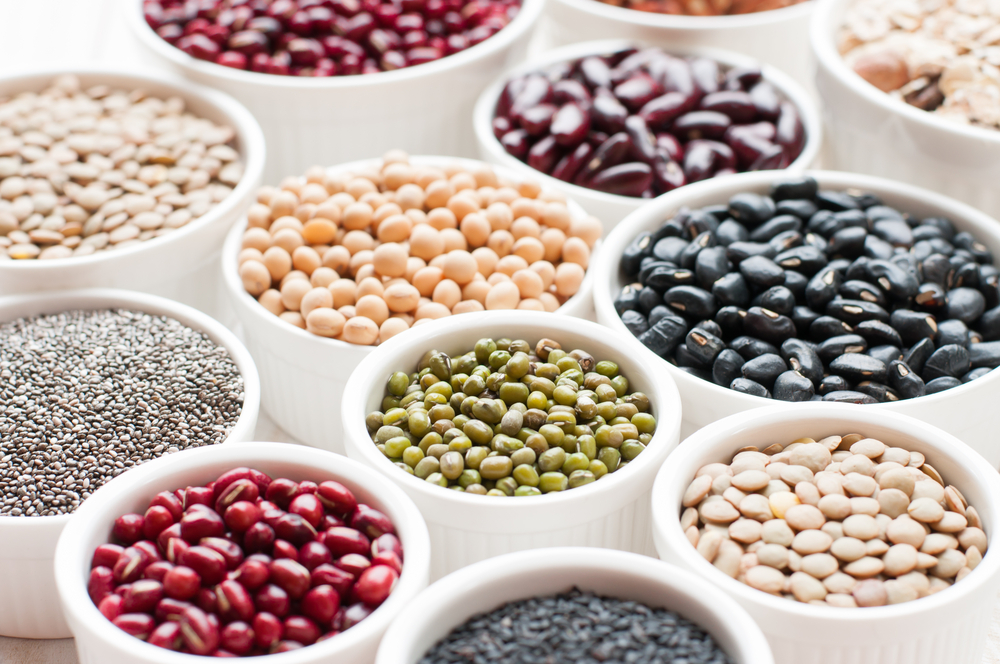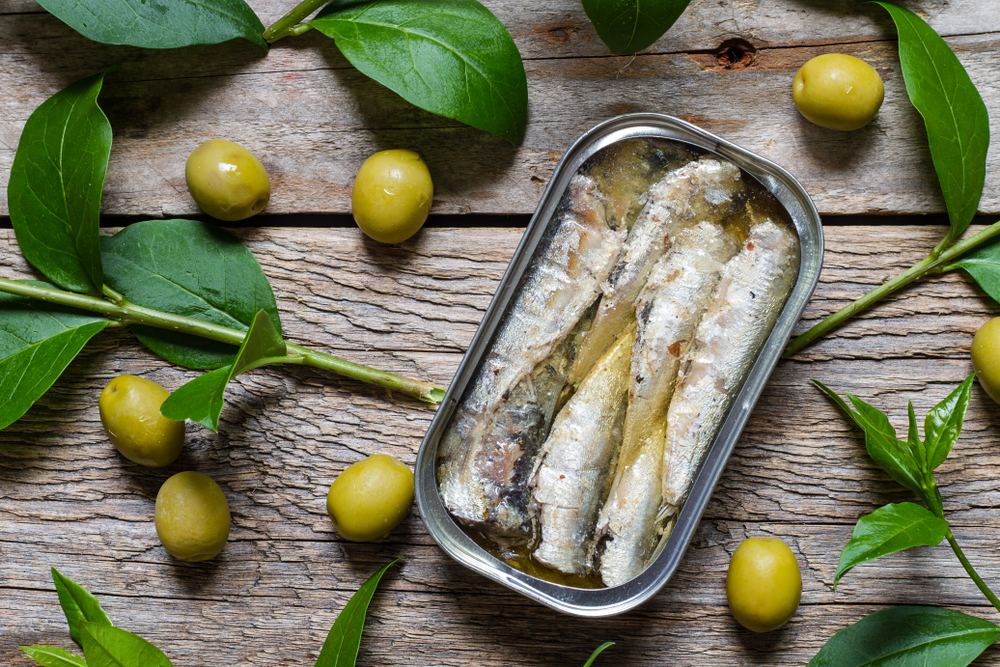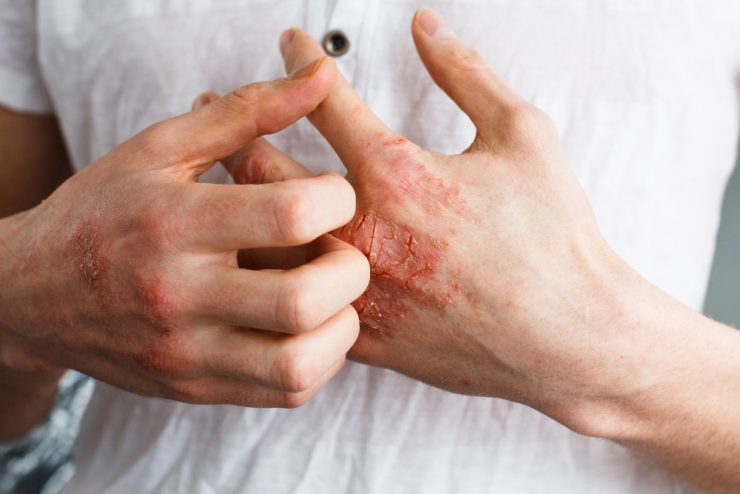13-19th September is National Eczema Week, highlighting just how traumatic, persistent, and common eczema can be. However, the good news is there is much than can be done nutritionally to help soothe the skin.
Clinical Nutritionist, Suzie Sawyer, shares her five top tips for getting to grips with eczema.
The skin is the largest organ in the body which partly explains why eczema is a serious health issue. Typical symptoms include rough, itchy patches of skin that can be extremely irritating and, often, debilitating. Read on for some soothing solutions
Check for allergies

Children are often affected by eczema from a young age which is triggered by something in their diet, or within the environment. Eczema triggered by perfumes, metal or cosmetics (and much more) is often referred to as contact dermatitis. Additionally, there is frequently a family history of eczema, sometimes resolving itself as children get older.
People often react to foods they’re eating because they have a leaky gut, where food particles seep into the blood stream setting up antibody reactions, and in turn symptoms. Either way, it’s important to check for allergens, (there may be more than one) with some relatively easy blood tests.
Ditch the gluten

Whether test results show an issue with gluten or not, research suggests that many people have found relief from cutting out gluten-containing grains, namely rye, oats, wheat, and barley. This is because gluten is a major irritant to the gut lining, thereby causing inflammation throughout the body.
There are plenty of gluten-free foods and other grains such as buckwheat, quinoa, or coconut flour that can be eaten instead. Try cutting out all gluten for six weeks and note any changes.
Enjoy some legumes

Legumes such as peas, beans and lentils are rich in the B-vitamin biotin, which is essential for cellular repair and a deficiency of which has been linked to dermatitis.
Biotin is one of the key members of the all-important family of B-vitamins that fulfil many different functions. Biotin is also available in foods including eggs, nuts and seeds, liver, sweet potatoes and mushrooms. Try to include some of these foods every day but it’s also good to supplement with biotin for additional support, especially if you’re an eczema sufferer.
Reduce the sugar

Easier said than done for sure! However, sugar in all its forms (including fizzy low-cal drinks) causes inflammation throughout the body which includes the skin. The biggest culprits are biscuits, cakes, fruit desserts, alcohol, all fizzy drinks and additional sugar in tea, coffee and on cereals.
Taste buds can be trained to enjoy less sweet food sometimes within two or three weeks. And watch out for sweeteners which contain health-damaging chemicals. Sweeteners still affect blood sugar balance, so the cells are still flooded with glucose, which stimulates insulin and creates inflammation that can be problematic for the body, especially the skin.
Eat oily fish

Oily fish such as salmon, mackerel, sardines, and tuna contain omega-3 fats which are essential for managing the body’s natural inflammatory response. Omega-3s are frequently deficient in the typical western diet, partly because many of us just don’t like fish. And unfortunately, fish fingers contain very little (and generally also gluten in the coating!)
Omega-3s are essential to hydrate the body at a cellular level, which in turn helps bring much-needed moisture to the skin. Unfortunately, they cannot be made in the body so need to be included in your diet or taken as a supplement.
If you can’t face fish or are vegan, then flaxseed is a great source of omega -3 fat. So, sprinkle ground flaxseeds on your morning cereal (at least two dessertspoons) and eat plenty of omega-3 rich pumpkin seeds. It’s also great to spread flax oil topically onto the skin. While what’s within is the most important, some topical remedies can really help too.
This year’s National Eczema Week runs from September 13th – 18th. For more help and advice on eczema visit the National Eczema Society Website.























Add comment